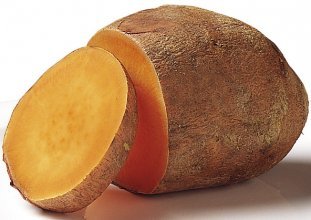Copper is an essential trace mineral in human nutrition. Manifestations of mild copper deficiency include abnormal blood sugar control, high cholesterol, arthritis, heart disease, abnormal skin colouring, and neurological problems.
Copper Is Important For Iron Absorption
Copper which is mainly found in the liver that is critical for the absorption of iron. Copper is also involved in the production of the myelin sheath, the fatty substance that encircles nerve fibres as well as haemoglobin (the main iron component of red blood cells). Copper is an important mineral that helps produce collagen, a protein fibre that helps helps keep skin firm; and melanin which is responsible for hair and skin colour. Copper supplements may help to treat anaemia and other health conditions. Copper is antagonistic to zinc, and too much copper is not a good idea as it can interfere with the absorption and utilisation of zinc.
Actions of Copper (Cu) include:
- Iron absorption and transport, regulates iron metabolism.
- Catecholamine synthesis (particularly adrenaline)
- Energy production (electron transport chain)
- Production of elastin and collagen, melanin and myelin, haemoglobin and SOD.
- Maintenance of skin, bone and nerve function.
- Wound healing (collagen cross-linkage)
Clinical Applications Of Copper:
- Cardiovascular: prevents abnormal blood clotting, the production of red blood cells, enhances the health of the heart, prevents damage to the cardiac muscle. Aneurysm prevention – 2-4 mg daily in a ratio of 1:15 Cu : Zn.
- Circulatory: Copper is necessary for iron absorption and transport, and for the formation of hemoglobin in the blood. Iron metabolism and anemia are directly linked to copper status
- Metabolic: helps to prevent elevated cholesterol level, Many diabetes mellitus and cystic fibrosis patients are deficient in Cu., involved in the production of energy.
- Musculoskeletal: formation of bones, healing of fractures, osteoporosis prevention, alleviates rheumatoid arthritis, health of connective tissues. 33% of the body’s Cu stores are in muscle, 15% in liver. Arthritis – 2 – 8 mg daily.
- Nervous system: involved in pain and taste sensitivity, moods, integrity of myelin sheath.
- Skin: vitiligo is associated with Cu deficiency.
- Zinc supplementation high-dose: Cu supplementation is recommended in a patient taking high doses of zinc. It is important to give Cu with high-dose zinc (1mg Cu along with 15mg Zn)
